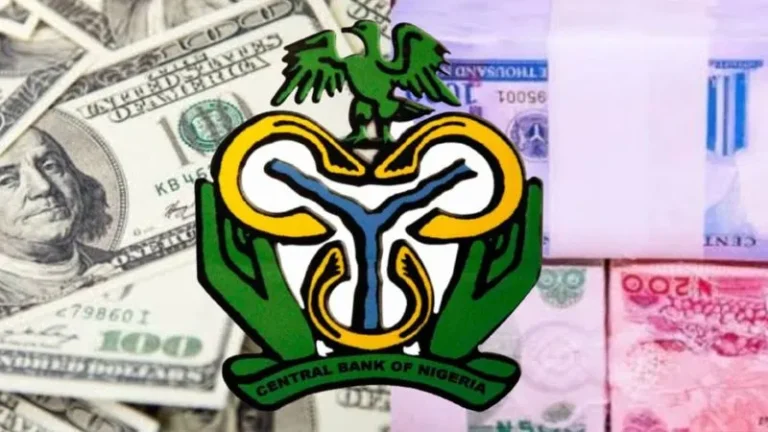The Central Bank of Nigeria (CBN) has unveiled guidelines for banks to implement the newly introduced free foreign exchange (FX) deposit window, effective from Wednesday. The guidelines enable commercial, merchant, and non-interest banks to trade with foreign exchange deposited by participants under the scheme, providing greater liquidity to the market.
The initiative, which was recently announced by the Federal Government, aims to integrate foreign currency held outside the formal banking system into the economy. The nine-month scheme, starting from October 31, 2024, allows individuals to deposit dollar bills without scrutiny, with no penalties or taxes attached.
The CBN’s guidelines, signed by John Onojah and Dr. Adetona Adedeji, emphasize banks’ responsibility to ensure compliance with anti-money laundering and financial crime regulations. Banks are also required to collect necessary identification details from depositors and conduct due diligence to prevent illicit activity.
Under the scheme, participants can deposit Internationally Tradable Foreign Currencies (ITFC), with banks permitted to trade any funds not immediately invested by the participant. Banks are also tasked with ensuring that the deposited funds will be made available when requested by the depositor.
Economists and market analysts have expressed support for the initiative, noting that it could improve FX liquidity and stabilize the exchange rate. However, some have raised concerns about public trust and the potential for money laundering risks. They suggest that the government needs to address these issues to ensure the scheme’s success.
The CBN’s move follows a significant decline in the naira’s value, with the currency losing 8% in October at the official window and 2.7% on the parallel market. Market analysts are hopeful that the FX deposit scheme will contribute to a more stable foreign exchange environment.

